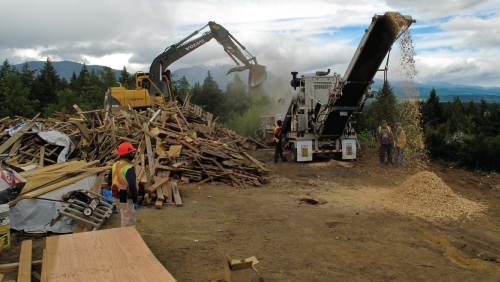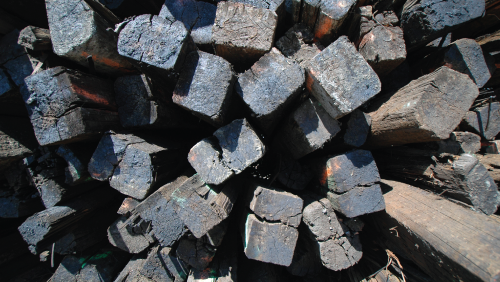Wood & Alternative Fuels
The forest products industry contributes $20 billion a year to Michigan's economy. Energy is part of those economics, accounting for about 25% of the goods and services produced by our forest resources. Biomass fuel markets provide a market for low-value wood fiber produced as a result of commercial timber harvest, and in the manufacture of paper, board and lumber. This helps lower the cost of the goods and services provided by these industries.
The cost of everything goes down when waste is eliminated. Everyone benefits when all our resources are put to good use and not thrown away. Biomass power does that with wood, as well as other materials that pose problems at landfills or have better use as alternative fuels.





